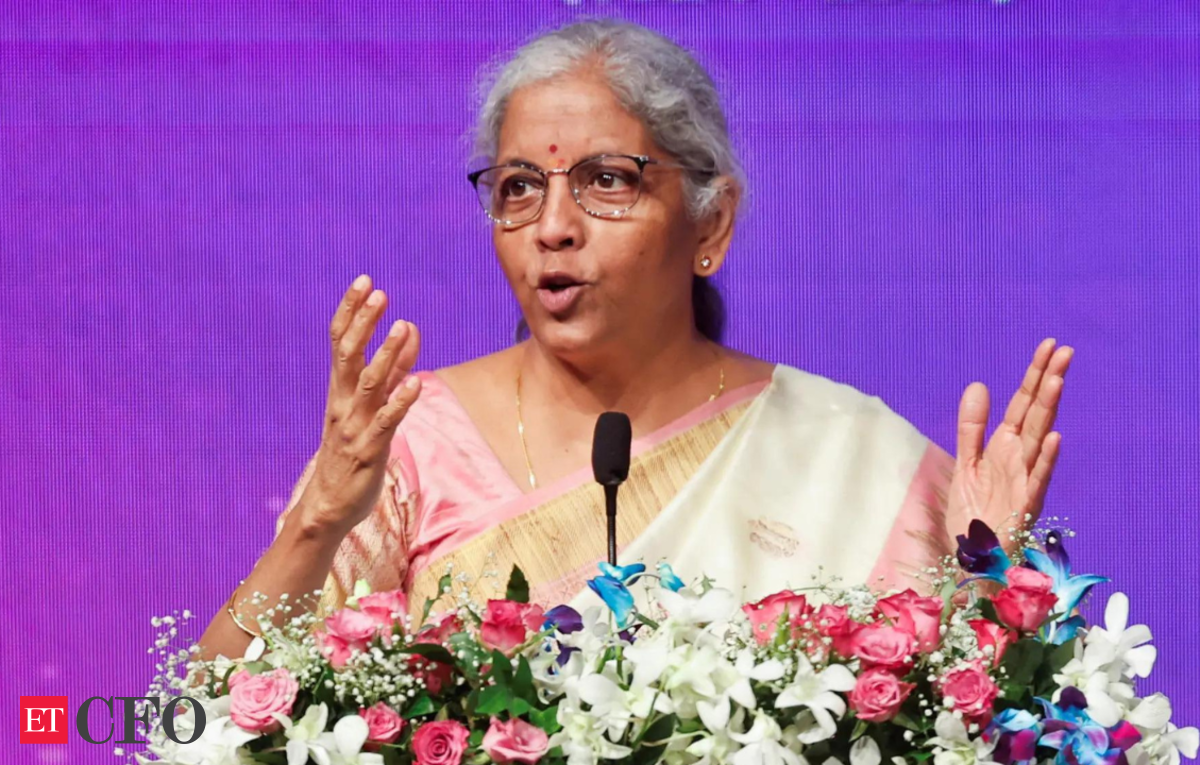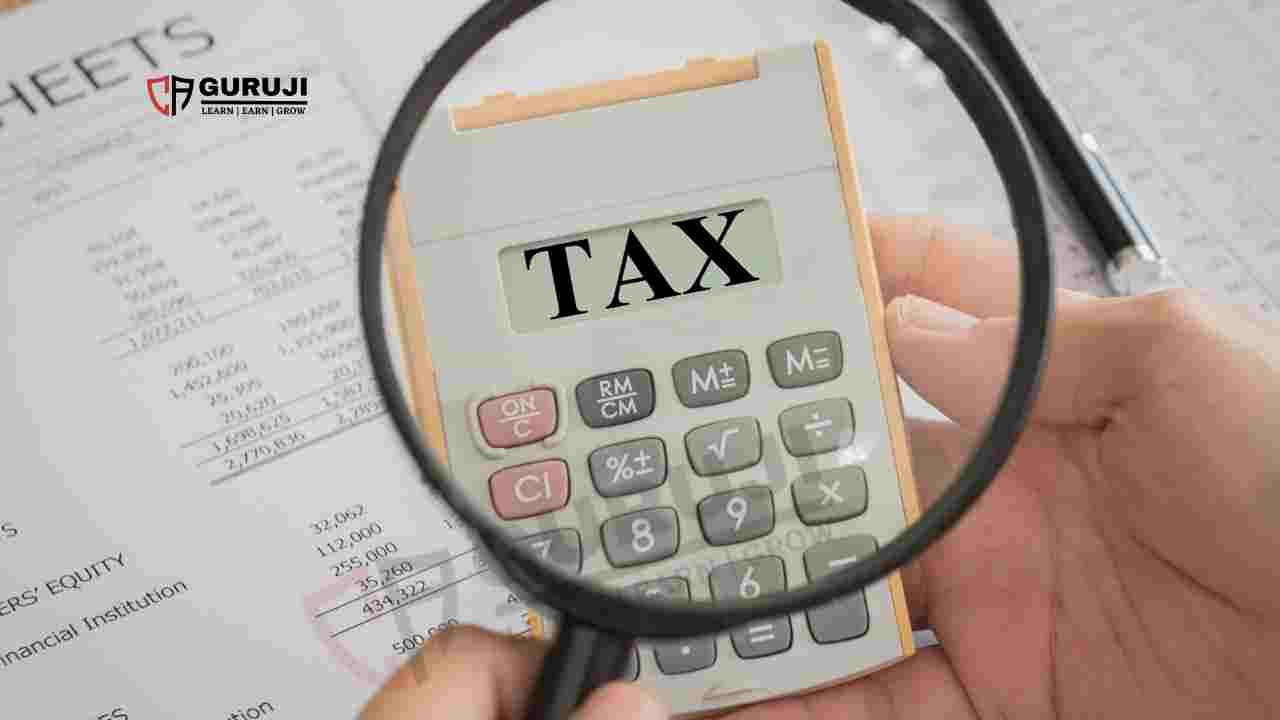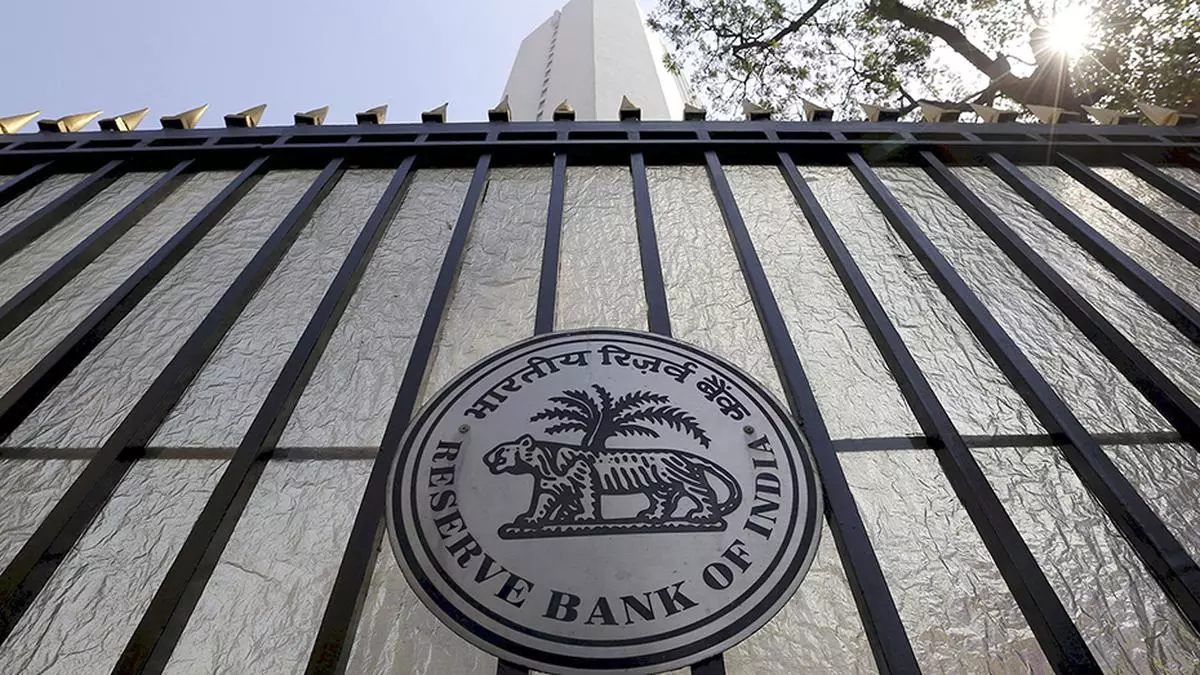In a significant move aimed at reforming India’s tax laws, the Union Ministry of Finance has called for public suggestions and input for the review of the Income-Tax Act, 1961. This follows the announcement made by Finance Minister Nirmala Sitharaman in the Union Budget 2024-25, where she emphasized the need to simplify and modernize the six-decade-old tax legislation. The review is part of the government’s larger effort to streamline tax compliance, reduce litigation, and provide greater clarity to taxpayers.
A Step Towards Simplification and Transparency
The Central Board of Direct Taxes (CBDT), the apex body responsible for administering direct tax laws in India, has set up an internal committee to oversee the comprehensive review of the Income-Tax Act. This initiative aims to make the law more concise, clear, and easier to understand, thus reducing ambiguity and disputes.
In a statement released on Monday, the finance ministry stated, “The goal is to make the Act concise, clear, and easy to understand, which will reduce disputes, litigation, and provide greater tax certainty to taxpayers.”
Categories for Public Suggestions
The public has been invited to provide their suggestions in four key categories:
- Simplification of Language: Proposals to make the legal language of the Income-Tax Act easier to understand and interpret.
- Litigation Reduction: Suggestions aimed at reducing the number of disputes and court cases related to tax matters.
- Compliance Reduction: Ideas that could help simplify the processes and reduce the compliance burden on taxpayers.
- Addressing Redundant or Obsolete Provisions: Recommendations for eliminating outdated provisions that no longer serve any purpose in the current economic environment.
To encourage meaningful input, the ministry has asked contributors to tie their suggestions to specific provisions of the Income-Tax Act, 1961, or the Income-Tax Rules, 1962. This detailed approach aims to ensure that feedback is relevant, targeted, and can be considered effectively by the reviewing committee.
Process for Submitting Suggestions
In line with its focus on transparency and inclusivity, the CBDT has launched a dedicated webpage on the Income-Tax department’s e-filing portal where the public, stakeholders, and tax experts can submit their suggestions. The portal can be accessed via the following link: Income-Tax Act Comprehensive Review Portal. Users are required to validate their submissions by entering their mobile number, followed by a one-time password (OTP) verification process.
The suggestions should specify the relevant section, sub-section, clause, rule, sub-rule, or form number of the Income-Tax Act or Rules to which the submission relates. The ministry hopes that this level of detail will aid in creating more focused reforms.
Expert Opinions on the Initiative
Tax experts have welcomed the move, viewing it as a crucial step towards increasing transparency and inclusiveness in the formulation of tax policy.
“Not only is this an unprecedented opportunity for businesses to participate in evolving tax legislation that will govern them in the future, but it will also provide policymakers with adequate breadth in their formulation approach. The impending tax legislation will be an important pillar of India’s aspirational macro-economic future, and it is of utmost importance that the process deployed in developing this legislation is thorough, transparent, and worthy.”
“This crowd-sourced approach aims to address the practical challenges faced by taxpayers, accountants, and legal professionals, ensuring that their real-world experiences help shape the reforms.”
Budget Announcement: A Timeline for the Review
During her Budget speech earlier this year, Finance Minister Nirmala Sitharaman emphasized the government’s commitment to tax simplification. She highlighted how measures introduced in recent years, such as simplified tax regimes without exemptions for both corporate and personal income tax, have been well received by taxpayers. For example, in the financial year 2022-23, 58% of corporate tax came from the simplified tax regime, and more than two-thirds of individual taxpayers opted for the new personal income tax regime.
The Minister also set a timeline for the completion of the review, aiming for the process to be wrapped up within six months. This suggests that the review could be completed by January 2025, with the potential for the amended Income-Tax Act to be introduced during the next Budget session of Parliament.
“The purpose of the review is to make the Act concise, lucid, and easy to read and understand, which will not only reduce disputes but also provide more certainty for taxpayers,” the Finance Minister said.
Focus Areas of the Review
Some of the major areas that the review aims to address include:
- Litigation Reduction: By making the law more clear and concise, the government aims to reduce the volume of tax-related disputes and litigation. This will help streamline the functioning of tax tribunals and reduce the burden on courts.
- Improved Taxpayer Services: Simpler rules and procedures will help taxpayers navigate the system more easily, thus improving overall compliance.
- Modernization of the Act: With many provisions of the Income-Tax Act being over 60 years old, several are either outdated or redundant. The review will aim to modernize the Act in line with current business practices and technological advancements.
Next Steps and Expected Outcomes
As part of the review process, the CBDT will analyze the public suggestions and feedback received through the portal. It will then work on revising the Income-Tax Act based on this input, with an eye toward unveiling a more concise and taxpayer-friendly version in early 2025.
Considering the timeline laid out in the Budget, the government is expected to present the amendments to Parliament in the upcoming Budget session, potentially making way for the new, simplified Income-Tax Act to take effect in the next fiscal year.
Conclusion
The review of the Income-Tax Act is a landmark initiative aimed at bringing much-needed clarity, simplicity, and modernization to India’s tax laws. By actively seeking public participation, the government is ensuring that the legislation reflects the needs and challenges faced by a broad spectrum of taxpayers, legal professionals, and businesses. This inclusive approach is likely to result in a more robust and effective tax system, capable of supporting India’s growing economy.
As the review process progresses, taxpayers and other stakeholders are encouraged to actively participate by providing their insights and suggestions, helping shape the future of India’s tax regime.
Visit www.cagurujiclasses.com for practical courses










